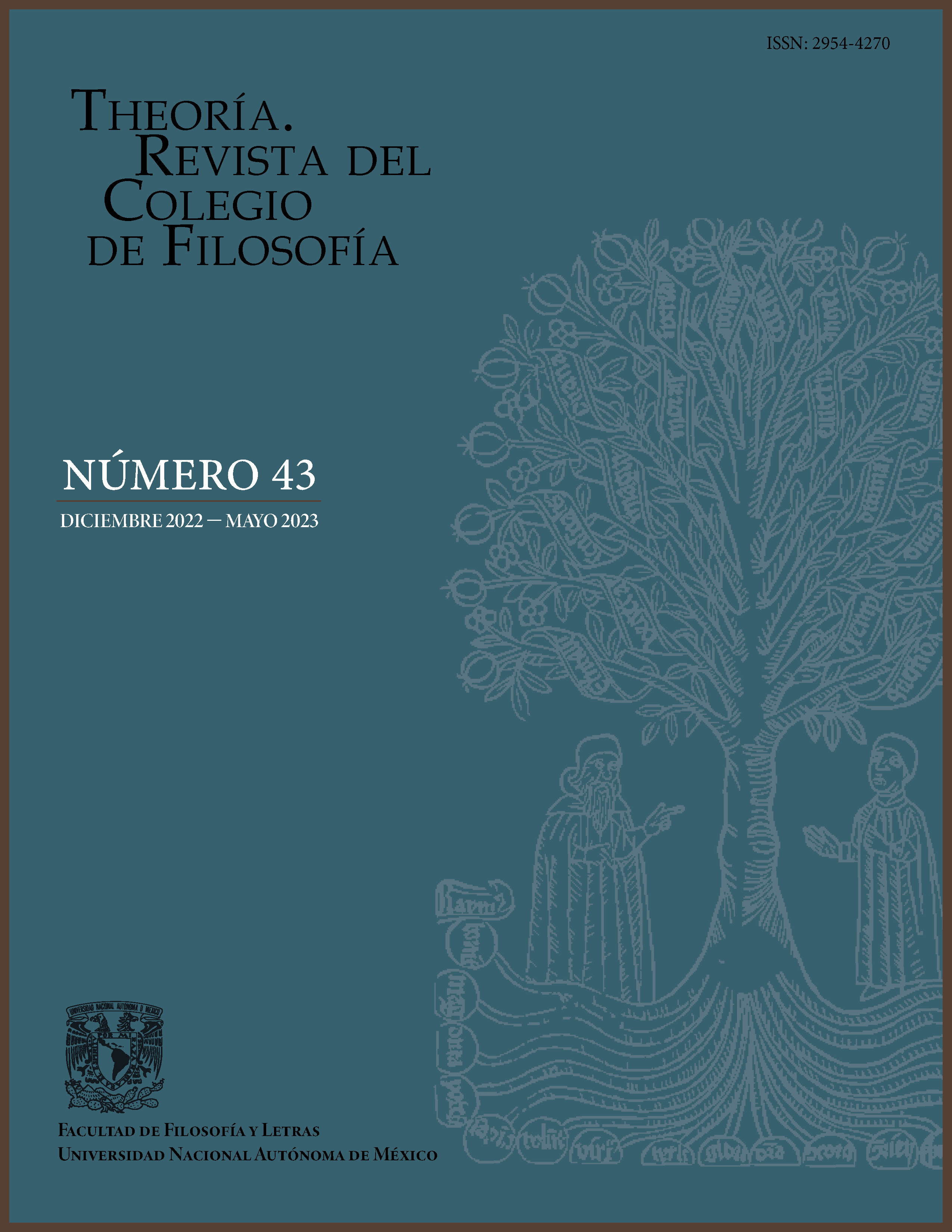Prolegomena to a TRIZ-Based Philosophy of Technology
Main Article Content
Abstract
The primary sources of technology, the texts with which engineers have been trained, the procedures by which they achieve new inventions or the trends inherent in the history of technological developments, are areas that have received comparatively less attention than others within the burgeoning field of the philosophy of technology. TRIZ, however, shows the enormous richness they hold. The Theory of Inventive Problem Solving (TRIZ), developed by G. S. Altshuller from 1946 onwards, belongs to the lineage of the Leibnizian ars inveniendi, with which it has striking concomitances. The description of some of its protocols allows a first estimation of its possibilities to explain creativity, to multiply it and to anticipate it. This opens up new and challenging opportunities for the philosophy of technology, although, as a good ars inveniendi, the consequences that can be drawn from TRIZ go beyond that.

